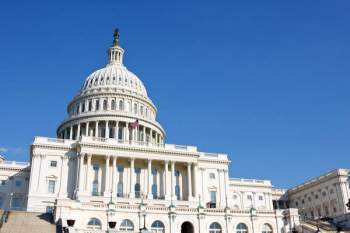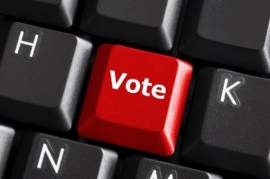
Understanding Democracy At A Glance

Must Read
A Democratic government operates on the ideology that the government body is a servant to the people; one of the most recognizable tenets of democracy can be found in Abraham Lincoln's Gettysburg Address, in which he states that a democratic government should be of the people and by the people.
Democracies are separate from other governmental models in that the elected officials within a democracy are elected and appointed by the members of the society, which allows for the agency of the people in that specific nation to choose their own leadership. The election process within a democracy is established by a majority-rules ideology, which designates that the selection of leadership is contingent on a general, national, and societal selection process.
The construct of a democracy was in direct response to the dissatisfaction felt by the Founding Father's subsequent to the defeat of the British in the Revolutionary War. The Colonists - Americans living under British rule extended from King George II in England - were vehemently opposed to a ruling body that they had felt was not acting in the best interest of the people that it served; conversely, the authors of both Declaration of Independence, as well as the Constitution felt as though the primary concerns of a Monarchy focused on the aristocracy in lieu of the general public.
In response to this perceived injustice, the United States of America developed the first incarnation of a democracy by placing the power of legislation, election, and hierarchy in the hands of the general majority.


















